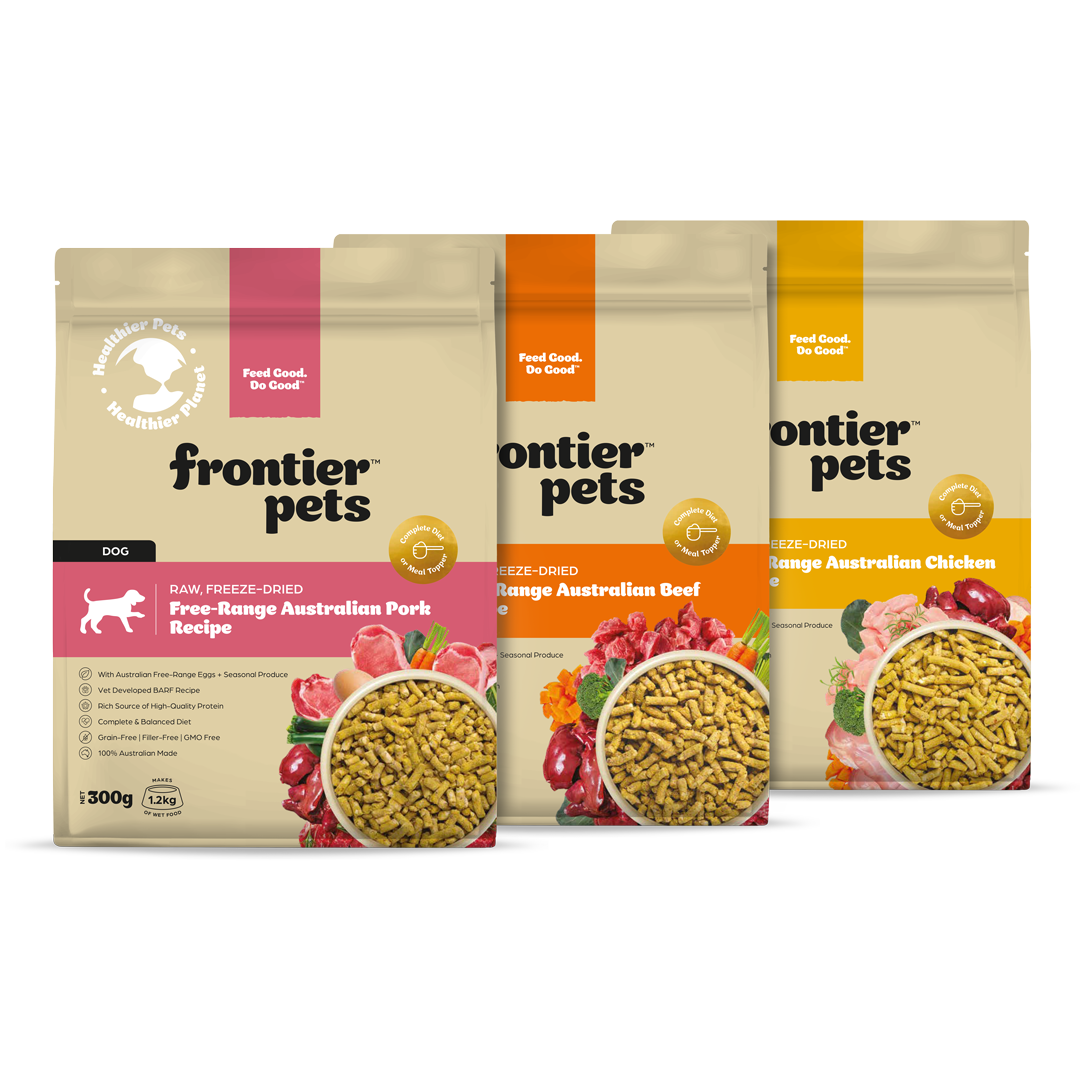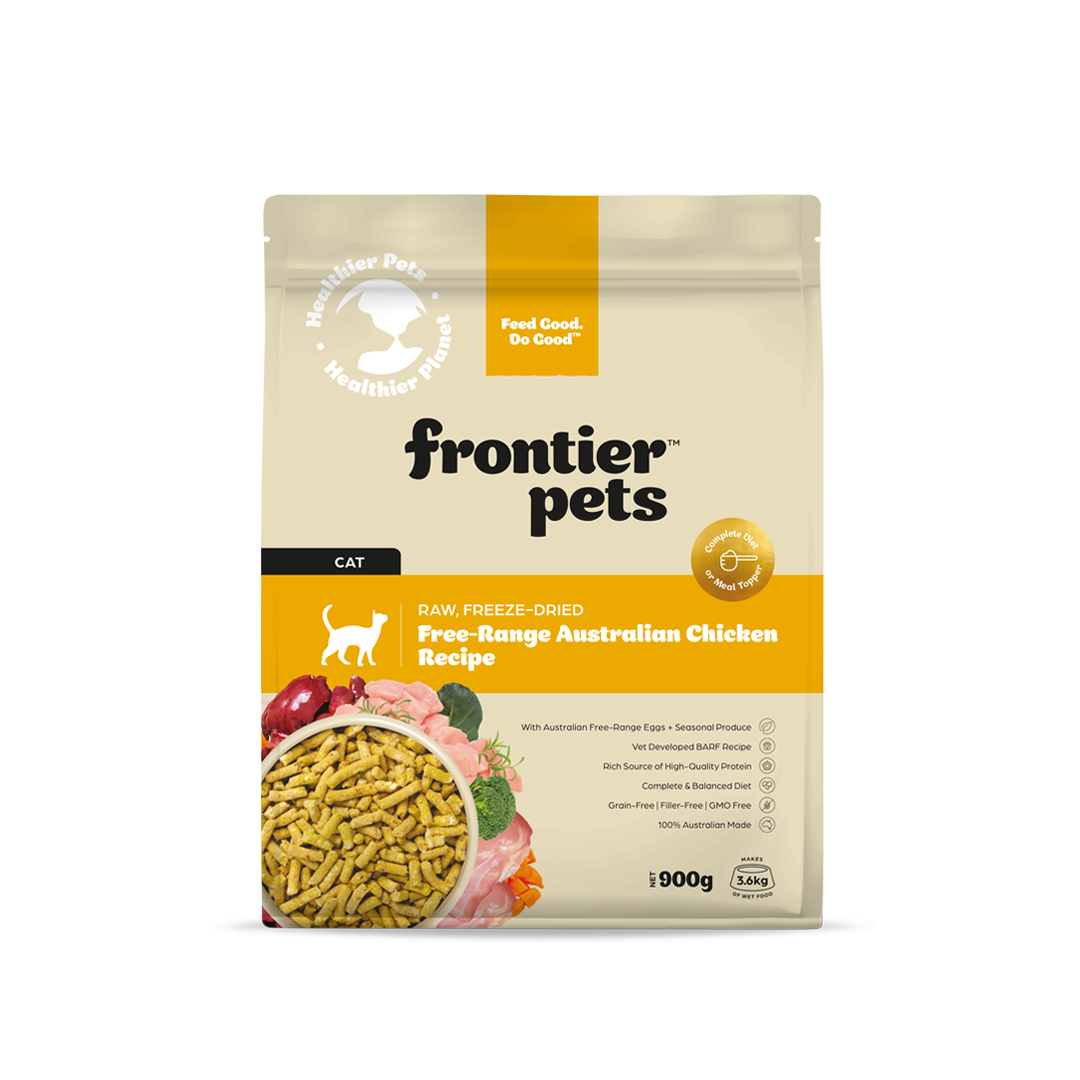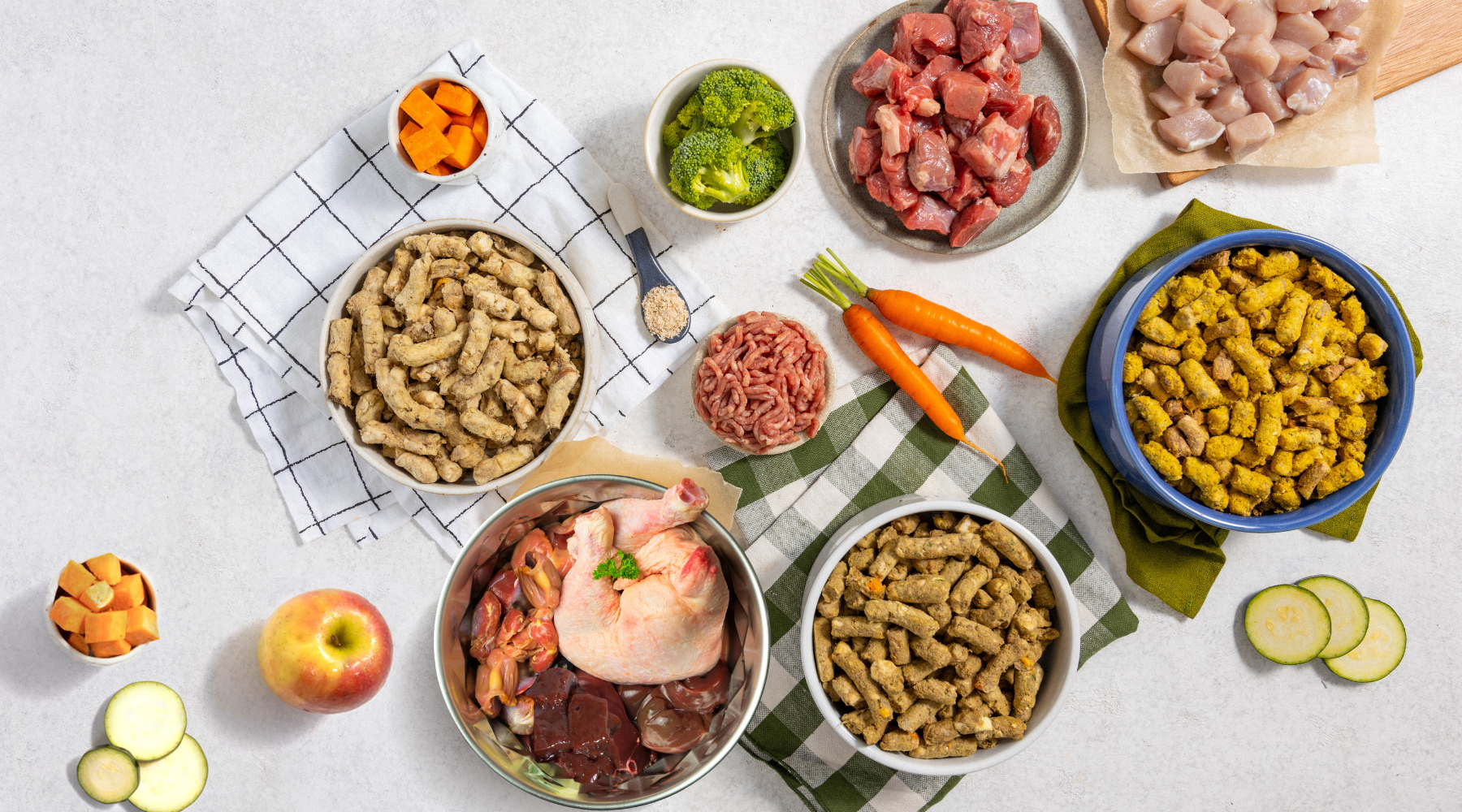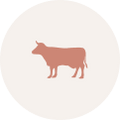The scavenging instinct of dogs
Understanding your furry friends natural behaviour.
Dogs are descendants of wolves and have inherited many of their ancestral traits, including the instinct to scavenge for food. This behaviour is natural and can be seen in dogs of all breeds and sizes.
We'll explore the scavenging behaviour of dogs and how to manage it.
- Understanding the Instinct: The scavenging instinct is deeply ingrained in dogs, and it's a survival mechanism that has been passed down through generations. In the wild, dogs would scavenge for food to survive and would eat anything they could find, including carrion, fruits, and plants.
- Common Scavenging Behaviours: Scavenging behaviours in dogs can include eating faeces, raiding trash cans, and chewing on inappropriate objects. Dogs may also engage in scavenging behaviours due to boredom, hunger, or lack of stimulation.
- The Consequences of Scavenging: Scavenging can be dangerous for dogs and can lead to health problems such as indigestion, food poisoning, and the ingestion of harmful objects. In some cases, scavenging can also lead to destructive behaviour and can damage property.
- Managing Scavenging Behaviours: To manage scavenging behaviours, it's important to provide your dog with enough exercise, mental stimulation, and a balanced diet. You can also limit access to trash cans and other sources of food and ensure that your dog has plenty of appropriate toys and chews.
- Training and Positive Reinforcement: Training and positive reinforcement can also help to reduce scavenging behaviours. Teaching your dog the "leave it" or "drop it" command can be useful in preventing them from scavenging. When your dog obeys, be sure to reward them with healthy dog treats and praise.
In conclusion, scavenging is a natural behaviour in dogs, and it's important to understand and manage it properly. With the right training and management, you can help your furry friend overcome their scavenging instincts and lead a happy and healthy life.
This is where the term enrichment feeding comes in. There are many ways that you can help stimulate your dog and align to their natural behaviours. Dr Kathy Cornack, our resident holistic vet and animal nutritionist talks about tips and tricks for keeping your dog entertained whilst getting their nutritional needs in.
Want more tips? Click here.











